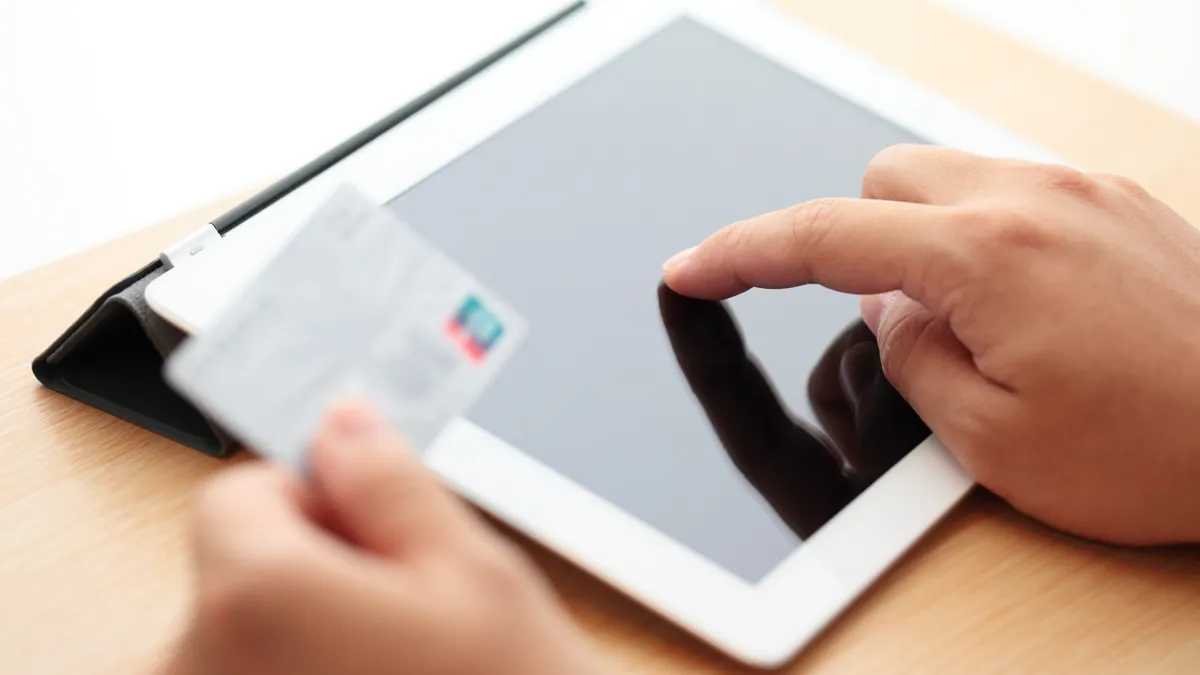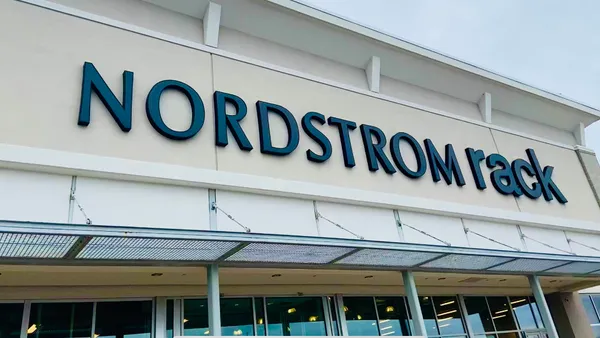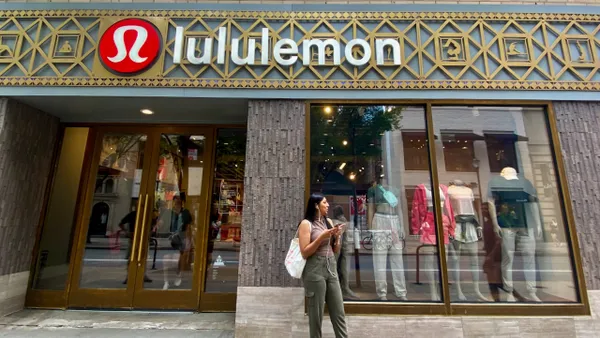Dive Brief:
- The retail-focused alliance of IBM and Apple has scored a major win, signing U.K. pharmacy and beauty chain Boots to use its iPad-based retail app.
- The Sales Assist app, which connects with cloud databases to provide product details, reviews and availability information, is being used on about 3,700 iPads throughout 2,300 Boots stores.
- Next month brings the two-year anniversary of the partnership between IBM and Apple, formed to develop enterprise applications leveraging Apple devices and IBM cloud capabilities.
Dive Insight:
Apple and IBM come from two different sectors and historically have two different corporate cultures, at least by reputation, but they have zeroed in on retail as one of the industry verticals that can benefit from their unique combination of talents.
The Sales Assist app is not the first app to emerge from this alliance, but it comes at a time when retailers are trying to use new technology tools to help them more productively engage with customers to create more positive shopping experiences.
Every success this alliance can realize will be especially significant for Apple, the ultimate consumer market juggernaut whose future success likely rides as much on its ability to push its hardware and software into enterprise verticals. Retail is just one of those verticals, but also one in which Apple seems especially busy these days, as it also recently aligned with a handful of retailers to put Apple Pay buttons on their e-commerce sites.
As more retailers invest more heavly in technology on all sides of the sales equation, they could do much worse than partnering with IBM and Apple. Fresh-faced startups may be capable of capturing some buzz with a single application or innovation, but most retailers, and particularly the largest ones, will be better off aligning with technology firms that have proven pedigrees, as well as the scale to deliver the volume of hardware and software needed to support thousands of store locations at once.
With their respective legacies in enterprise and consumer markets, IBM and Apple should be able to work their odd couple routine in the retail market for years to come.











